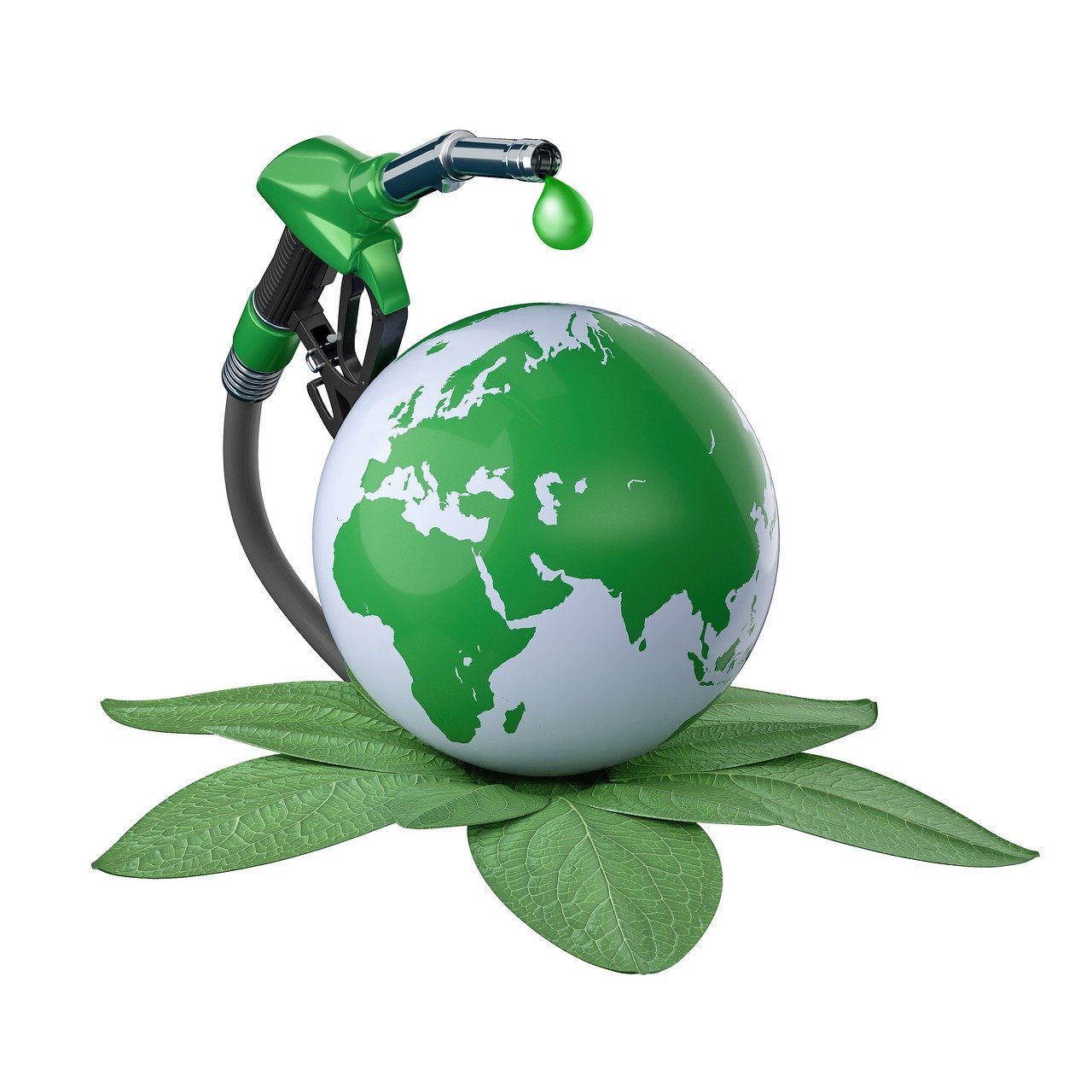

Biodiesel is a renewable, clean-burning fuel made from a variety of natural sources, such as vegetable oils, animal fats, or recycled cooking grease. It’s an eco-friendly alternative to traditional diesel fuel, designed to run in diesel engines with little to no modifications. Biodiesel is produced through a chemical process called transesterification, which separates glycerin from the fat or vegetable oil. The result is a smoother burning liquid that emits fewer pollutants than petroleum-based diesel. Because biodiesel comes from plant and animal sources, it’s biodegradable and contributes less to global warming since the carbon dioxide it releases is absorbed by growing plants. Its use reduces dependence on fossil fuels, promoting energy independence and supporting local agriculture and recycling programs. Biodiesel can be used in its pure form or blended with petroleum diesel in any proportion. The most common blend is B20, a mix of 20% biodiesel with 80% petroleum diesel, offering a balance between reducing emissions and maintaining fuel availability and engine performance. As technology and production methods improve, biodiesel is becoming an increasingly viable and popular choice for fueling vehicles, heating homes, and powering industrial equipment.
Biodeisel serves as an alternative to conventional diesel in vehicles, significantly reducing carbon emissions and reliance on fossil fuels. It can be used in any diesel engine with little or no modification required. It is used in generators to produce electricity, providing a cleaner alternative to diesel or coal, especially beneficial in remote or off-grid locations. Biodiesel is mixed with traditional heating oils to create a less toxic and biodegradable heating source for homes and industrial buildings, lowering greenhouse gas emissions. Due to its high lubricity, biodiesel is used as a lubricant in engines and machinery, reducing wear and tear and extending the lifespan of mechanical parts. In agriculture, biodiesel powers tractors, combines, and other farm machinery, supporting sustainable farming practices by reducing the carbon footprint of agricultural operations. This use not only promotes environmental sustainability but also enhances energy independence for farmers.

